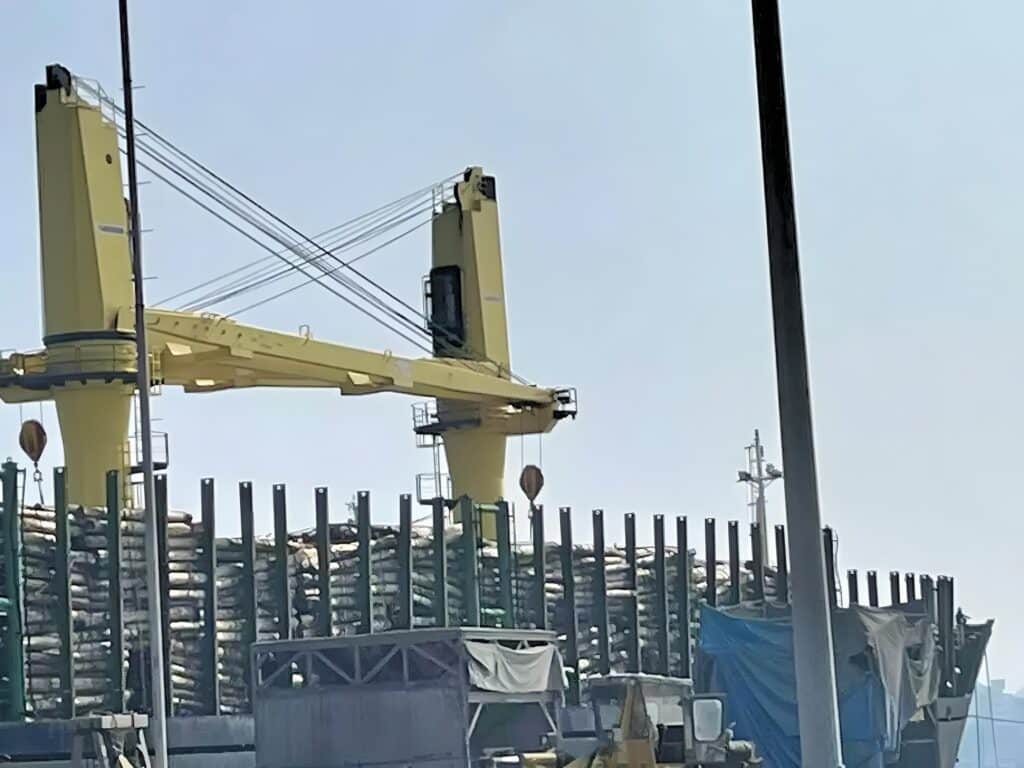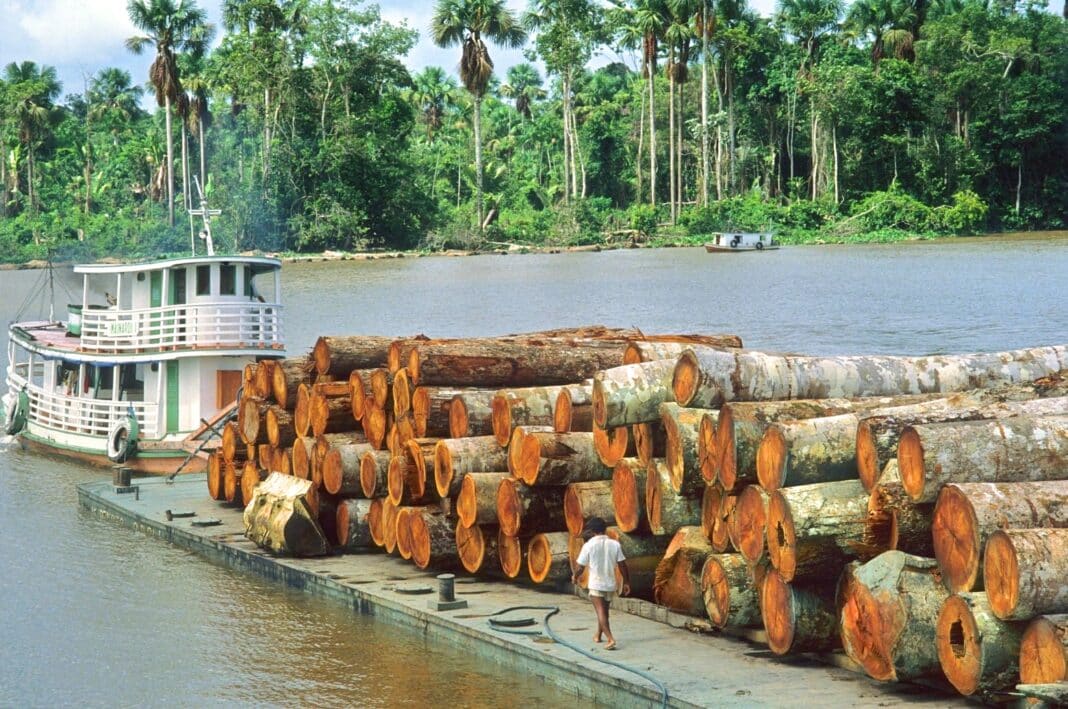India is turning to Brazil as it grapples with a shortage of timber, with plywood manufacturers struggling with “high costs of rubber-based woods from Burma and Africa”, forcing them to look to South America.
In recent months, Latin America has emerged as a booming market for forest exports, with Brazil now supplying cross-laminated timber panels, glulam, parquet and laminated flooring, sandwich panels, railway sleepers and rounded saw wood to global markets.
Now, more than 15,000 tonnes of Eucalyptus used to manufacture plywood have arrived at the Cochin Port in Kerala, southwestern India, providing a much-needed lifeline for more than 400 plywood manufacturing plants operating in the region.
Wood Central understands that it is the first shipment from Brazil in over a decade, with Eucalyptus, silver oak, and diladubia by plywood manufacturing units to reduce production costs.

In recent years, Kerala has become a regional hub for plywood manufacturing, with the Indian government looking to scale up production to meet the booming building and construction industry.
India has emerged as a global power in forest markets, and according to the Indian Centre for Science and Environment, the country’s annual demand for wood is 63 million cubic metres – 30 million cubic metres for domestic production and 33 million cubic metres from imported sources.
Once home to the world’s first scientific silvicultural plantation in 1840, the “Connolly Plantation” was up until the 1980s responsible for 10% of India’s total forest plantation. However, under-investment over the past 40 years has seen its tree stocks sink, with the state becoming a net importer of raw logs.
According to the Kerala Plywood Manufacturing Association, the cost of rubber wood trees has reached 8500-9000 rupees per tonne, “making it unviable for companies to offer a minimum standard in plywood manufacturing.”
Manufacturers are now looking to import logs from not only Brazil but also Sri Lanka, “where the prices are comparatively lower and ensure a viable business proposition for the plywood manufacturing industry.”
As reported by Wood Central earlier this month, the Brazilian government is now subsidising shipping costs in a rush to seize the commercial opportunities for global timber shortages.
Last year, the confirmed subsidies for shipping reached $US 118.55, equivalent to 5.86% of the gross domestic product, “driven by elevated borrowing costs and the implementation of new tax benefits, particularly on fuels.”






